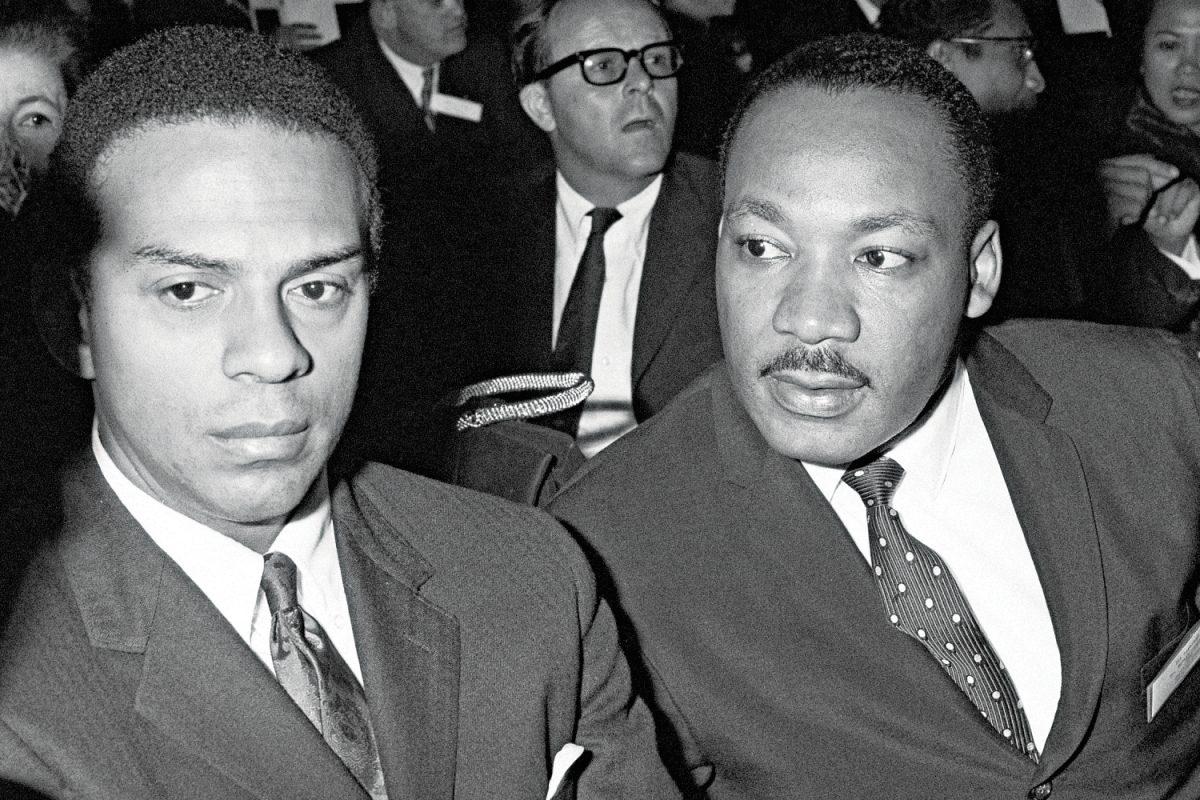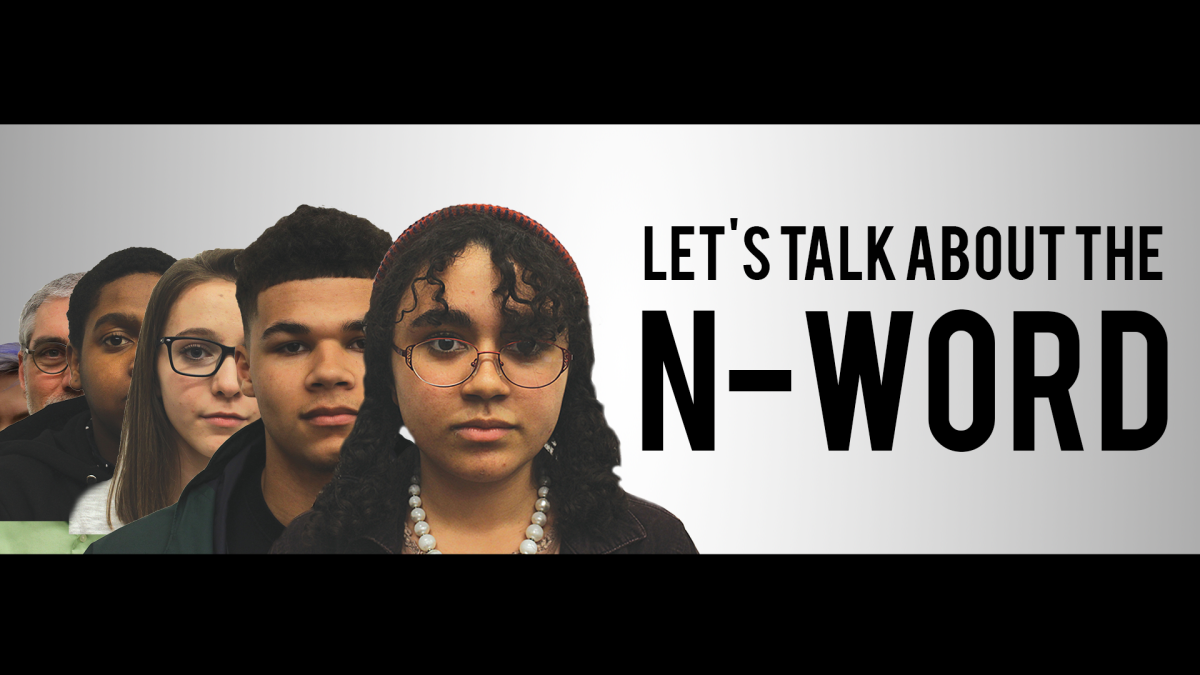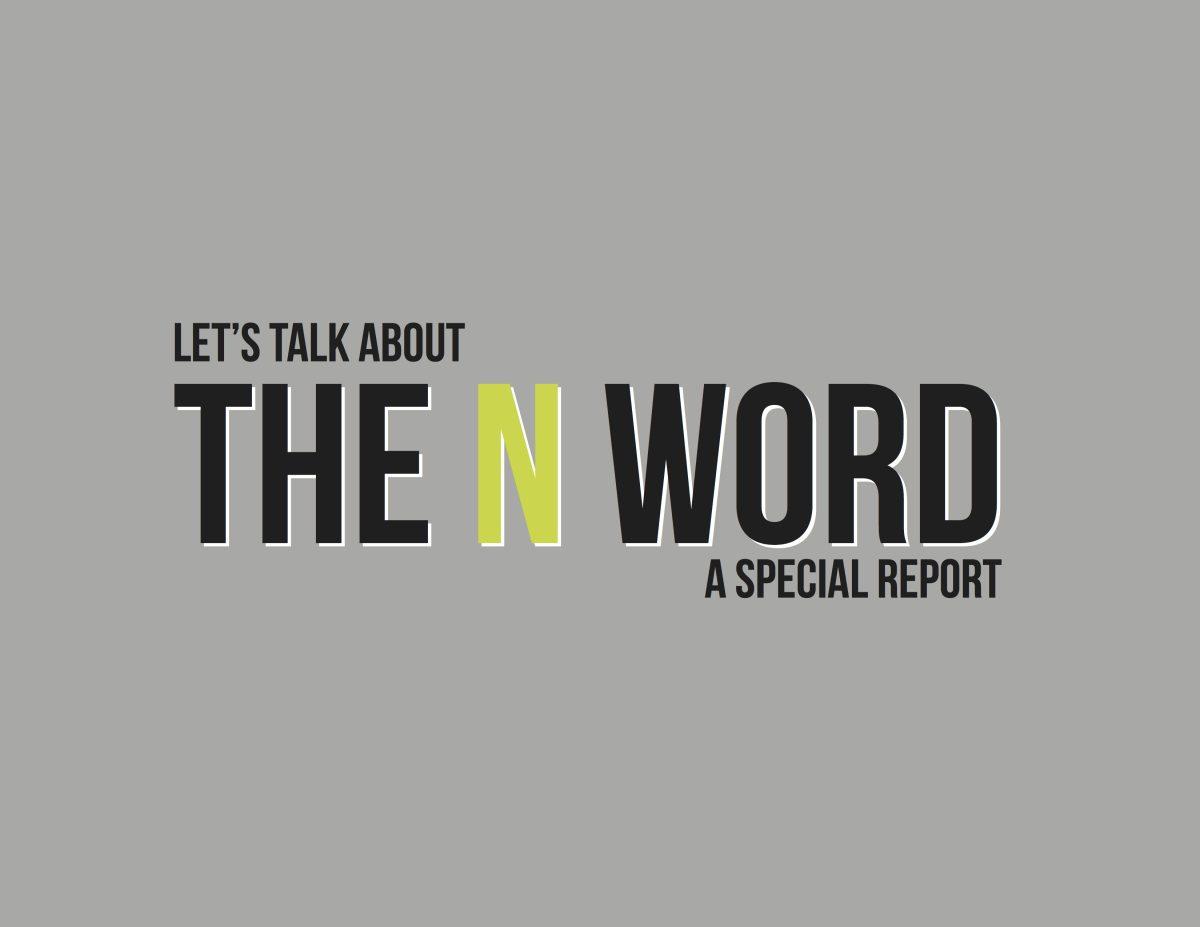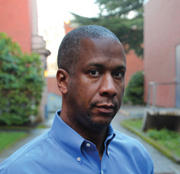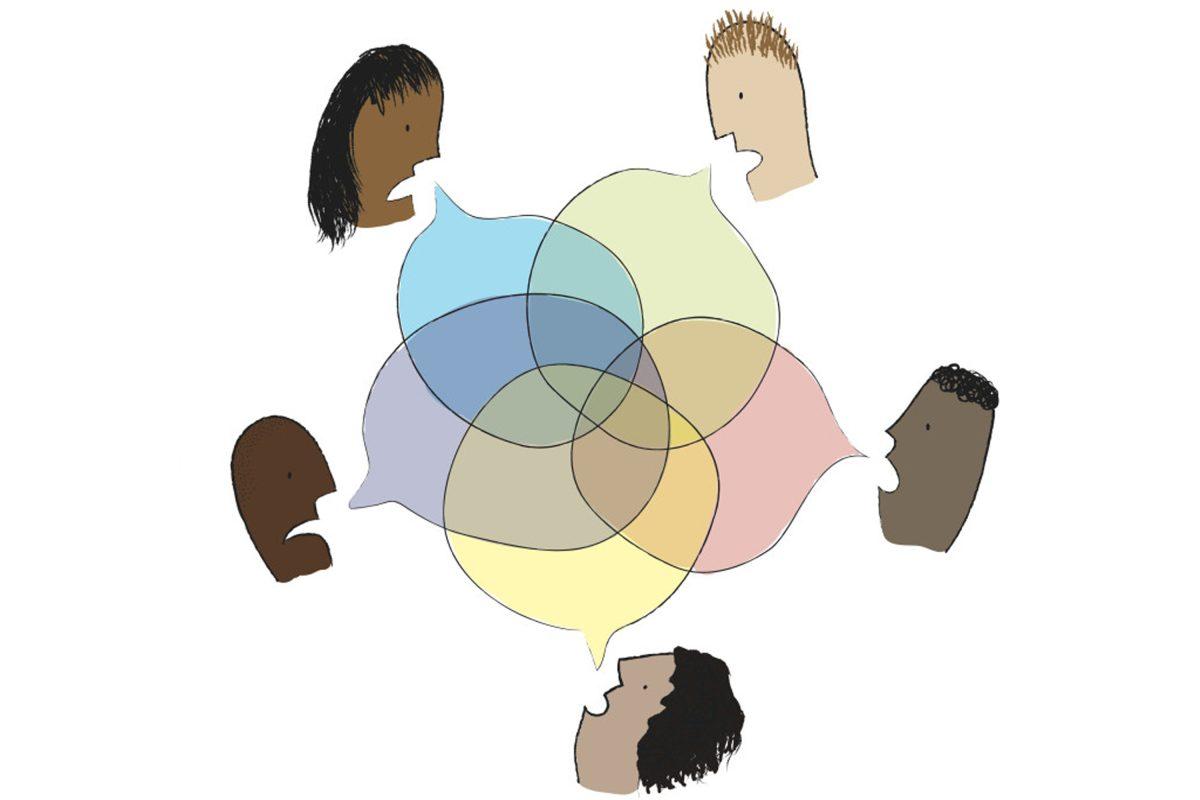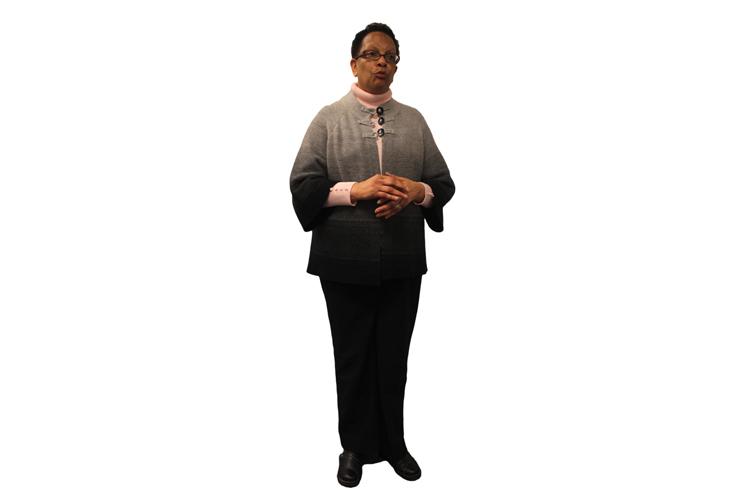[aesop_parallax img=”https://grantmagazine.com/wp-content/uploads/2016/02/try-again.jpg” parallaxbg=”on” parallaxspeed=”1.4″ caption=”The Civil Rights legend adds to the conversation on the rules of race. Mr. Young is pictured left next to civil rights leader Dr. Martin Luther King Jr. ” captionposition=”bottom-left” lightbox=”off” floater=”off” floatermedia=”The Civil Rights legend adds to the conversation on the rules of race. Mr. Young is pictured left next to civil rights leader Dr. Martin Luther King Jr. ” floaterposition=”left” floaterdirection=”right”]
When it comes to history, Andrew Young has seen it all.
Head of the Southern Christian Leadership Conference in the 1960s. Chief strategist and negotiator for blacks during the height of the civil rights movement. Close friend and confidant of Dr. Martin Luther King Jr.
He’s also been a U.S. congressman, an ambassador for the U.S. to the United Nations during President Jimmy Carter’s time in office, and was the celebrated mayor of Atlanta in the 1980s.
Young, 83, came to Portland in December to speak at a conference. He sat down with Grant Magazine for a discussion on race and leadership. The following is an edited excerpt from the interview about the N-word.
“It’s like any word. It depends on its context. Now, in college, we used it as a term of affection. See, it was an all-black college, and I was always very comfortable with this word as a term of affection. But if somebody’s angry with you and of a different race that uses it, it’s completely different.
“The other thing I tend to do is to say that the word really does not just indicate race. It indicates a quality of capital. There are white niggas…black niggas…brown niggas…red niggas…rich niggas…poor niggas. But it doesn’t constitute race. But at the same time, when I was growing up in a predominantly white neighborhood, my grandmama said, ‘If somebody calls you nigga and you don’t hit ‘em, and if you don’t fight about it, when you come home you will get a whupping.’ So it was not used in my house, but we used it in the street.
“It’s…a term that I have trouble with, which white people use all the time in the South. Jeff (Foxworthy), he’s got this book of “Redneck Philosophy”… And so white people call each other ‘Redneck’ all the time. But I don’t feel comfortable using (that word). In Congress, it was interesting because every time congressmen go home to their constituencies they hear the latest jokes. The Irish congressman from Boston would come back and he’d tell Irish jokes. The Italian congressman would come back and he’d have some Italian ones. It’s all right for Jews to tell Jewish jokes. It’s all right for me to tell black jokes. But it’s not all right for somebody else to do it.
“When I grew up, we were ‘colored.’ And then all of a sudden we became ‘black.’ And then we became ‘African American.’ And we were ‘Negroes’ in between. So, I just don’t use racial designations about people even when I know them extremely well. It’s hard for me to tell a Jewish joke to somebody Jewish, even though somebody Jewish told it to me. It’s not right for me to do it. And it’s just a matter of us learning to live together in a respectable diverse way.
“There are all of these diversity sensitivities that we have to live within a diverse society. But the best way to do it is a ‘no fouls and accept apologies’ (approach). If somebody uses a word toward me in a way that I don’t like, I say, ‘You know, that’s not good. If you say that to somebody else black, they’re liable to knock your lights out.’ So it’s best not to do that.” ◊





























